How sexual harassment is rife in Antarctica
Women have been 'gaslit' over reports of abuse at 'the emptiest, windiest, highest, driest, coldest place on Earth'
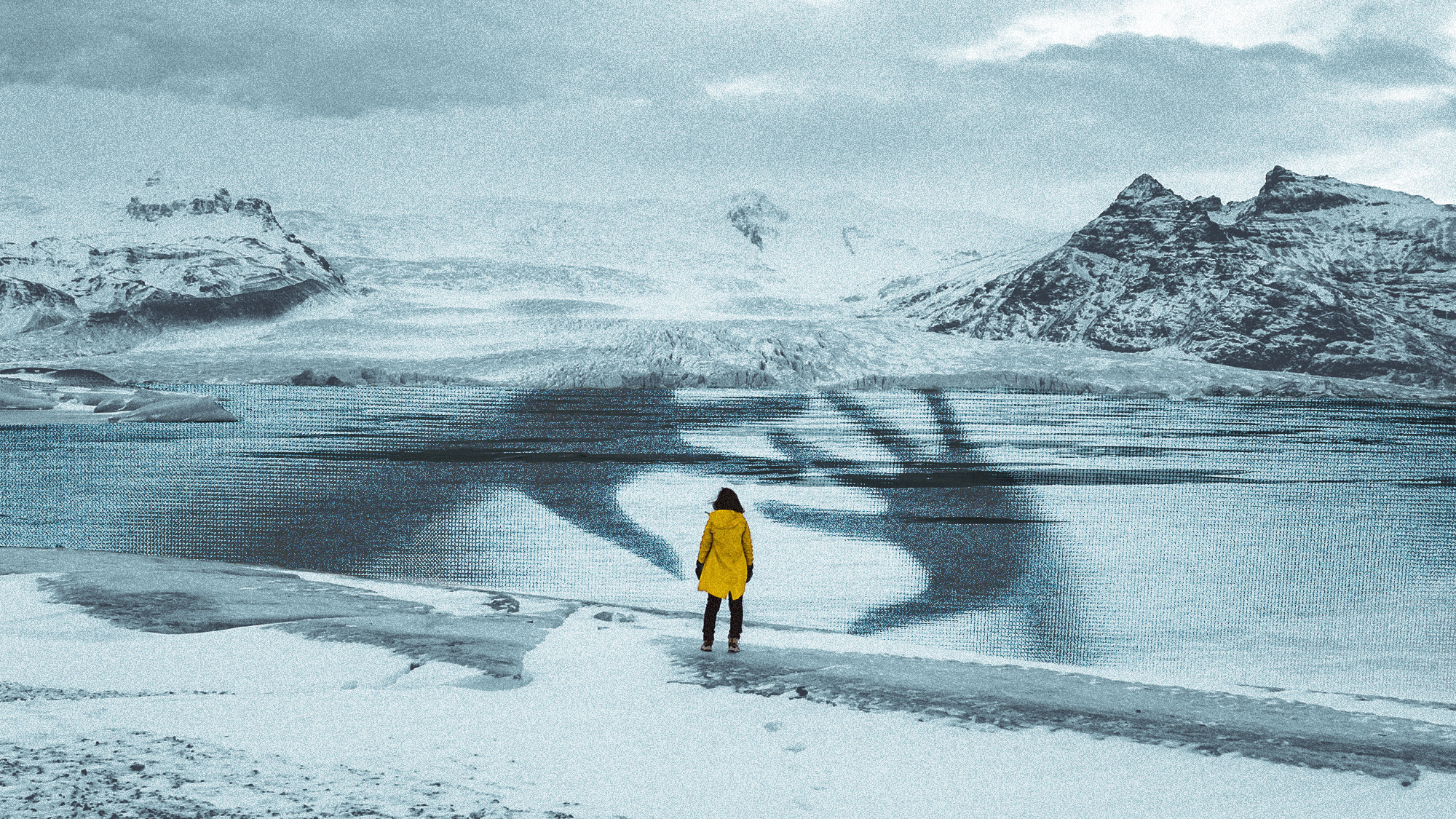
A free daily email with the biggest news stories of the day – and the best features from TheWeek.com
You are now subscribed
Your newsletter sign-up was successful
Eight years after the first female scientist came forward to report sexual harassment and assault while working in Antarctica, women are still being victimised in the region.
Abuse is rife in "the emptiest, windiest, highest, driest, coldest place on Earth", said Scientific American, and efforts to address it have often left survivors feeling unsupported and unsafe.
Repeated harassment
Jane Willenbring was the first to report sexual harassment in Antarctica, said Wired. Willenbring alleged that she was repeatedly sexually harassed on a 1999 expedition by her supervisor, Boston University geology professor David Marchant.
The Week
Escape your echo chamber. Get the facts behind the news, plus analysis from multiple perspectives.

Sign up for The Week's Free Newsletters
From our morning news briefing to a weekly Good News Newsletter, get the best of The Week delivered directly to your inbox.
From our morning news briefing to a weekly Good News Newsletter, get the best of The Week delivered directly to your inbox.
All of this took place "in one of the most remote locations on the planet", said the BBC. Willenbring, who was 22 at the time, reported the abuse in 2016, once she had the security of a job as a professor at the Scripps Institution of Oceanography at the University of California, San Diego. She recalled her three-year-old daughter telling her: "I want to be a scientist just like you!" Willenbring responded by bursting into tears, she told Wired. "I was imagining her going through what I did," she said.
After a lengthy investigation Marchant was fired by Boston University in 2019 for sexually harassing Willenbring. The university said it could not corroborate her additional claims of physical and psychological abuse. Marchant insisted that he had "never" sexually harassed anyone.
In addition, a glacier that had been named after Marchant was renamed. In 2018, the US Board on Geographic Names voted unanimously to strip Marchant's name from the glacier. It is now called Matataua, after a nearby mountain peak.
'Culture of abuse'
After Willenbring went public, more women started to come forward. In 2018, five women alleged sexual harassment, sexual coercion and bullying on the inaugural Homeward Bound, an Australian leadership-development voyage to Antarctica for women in science and technology fields. Speaking to Grist, one claimed to have woken up next to a naked crew member with "no memory of what had happened".
A free daily email with the biggest news stories of the day – and the best features from TheWeek.com
Writing for Scientific American in December, Elizabeth Endicott also recalled the sexual harassment she suffered in the region. Working as a janitor at McMurdo station in Antarctica, she found a used condom left in her gloves with "for jano girl" written on it. Then she found paper towels "scrawled with slurs and threats and stuffed in the pockets of my patched puffy coat".
When she complained, the meetings were "embarrassing and demoralizing", and the people in the meetings treated her "like an inconvenience". They asked her to move to a different station and when she said she didn't want to, they offered her a payout to go home, attempting to solve the problem "by asking me to disappear".
The reason women "don't want to talk is because they've been gaslit this whole time, where everyone's saying, 'It didn't happen. I don't want to hear it. I don't believe you,'" Meredith Nash, a University of Tasmania sociologist, told Wired.
"Efforts to address these problems have been slow, and responses from the organizations and institutions involved have often been inadequate, leaving survivors feeling unsupported and unsafe," said The Daily Climate. "Despite investigations by government agencies and academic institutions", there is a "persistent culture of intimidation and abuse".
New rules
When Nash collected surveys from more than 150 women scientists about the treatment they faced while conducting remote field work in Antarctica, 63% of them reported being harassed, and about half said they’d never spoken out about what had happened. The harassment they reported ranged from "physical assault to microaggressions", said Wired.
In 2022, the US National Science Foundation published a report that found that 72% of current and former female employees believed sexual harassment and assault in Antarctica is a problem, that 59% of women had experienced it themselves, and 95% knew someone directly affected.
In November 2023, a Homeward Bound expedition set off for Antarctica with dozens of women on board. The organiser, Fabian Dattner, told Wired that "more than 60 new rules had been put in place to ensure a safe and productive environment". Crew members were no longer allowed to mix with scientists, there was a psychologist and psychiatrist on board, and the ship's bar would close at 9.30pm.
Chas Newkey-Burden has been part of The Week Digital team for more than a decade and a journalist for 25 years, starting out on the irreverent football weekly 90 Minutes, before moving to lifestyle magazines Loaded and Attitude. He was a columnist for The Big Issue and landed a world exclusive with David Beckham that became the weekly magazine’s bestselling issue. He now writes regularly for The Guardian, The Telegraph, The Independent, Metro, FourFourTwo and the i new site. He is also the author of a number of non-fiction books.
-
 How the FCC’s ‘equal time’ rule works
How the FCC’s ‘equal time’ rule worksIn the Spotlight The law is at the heart of the Colbert-CBS conflict
-
 What is the endgame in the DHS shutdown?
What is the endgame in the DHS shutdown?Today’s Big Question Democrats want to rein in ICE’s immigration crackdown
-
 ‘Poor time management isn’t just an inconvenience’
‘Poor time management isn’t just an inconvenience’Instant Opinion Opinion, comment and editorials of the day
-
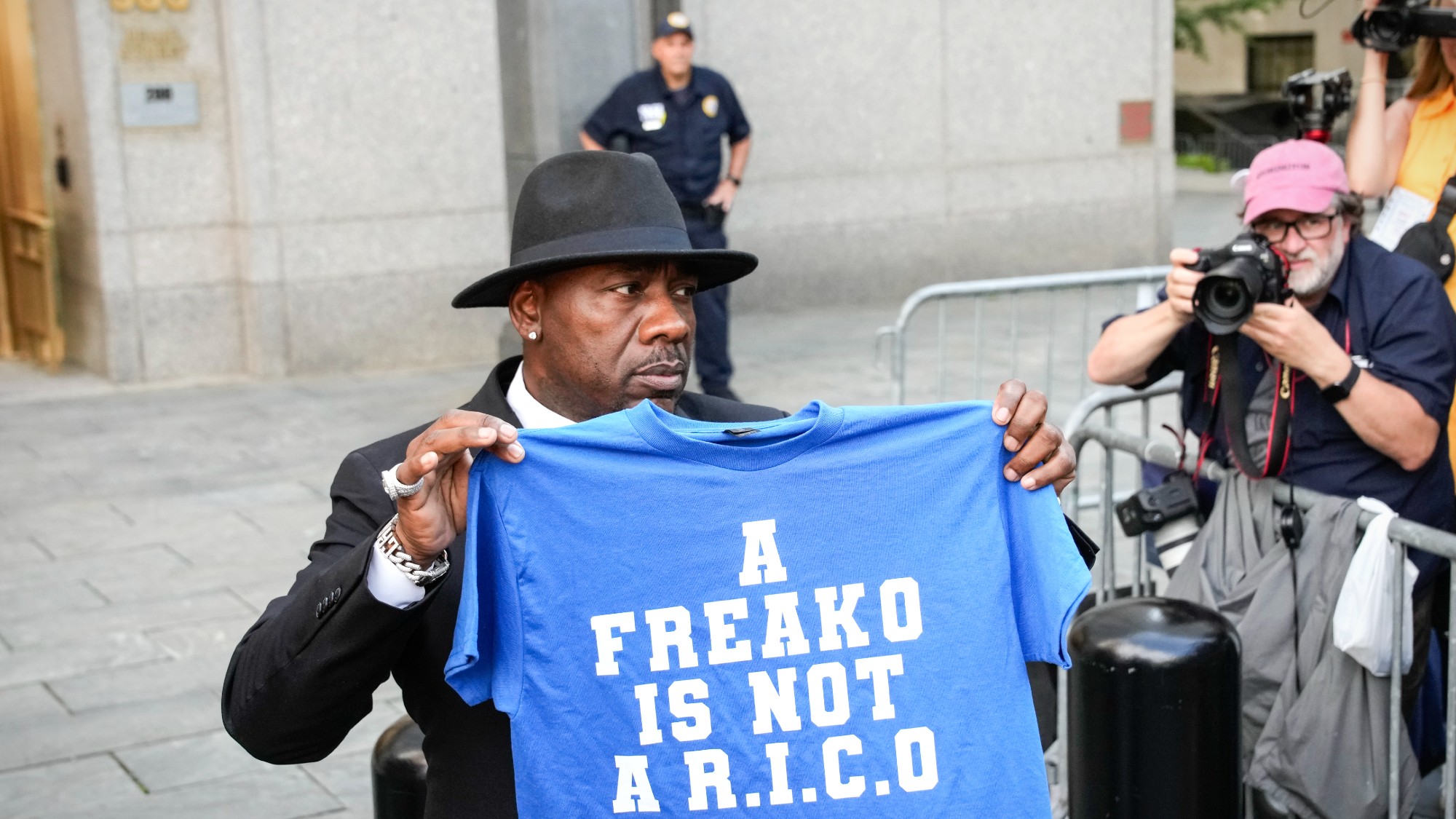 Combs convicted on 2 of 5 charges, denied bail
Combs convicted on 2 of 5 charges, denied bailSpeed Read Sean 'Diddy' Combs was acquitted of the more serious charges of racketeering and sex trafficking
-
 Will the new grooming gangs inquiry achieve anything?
Will the new grooming gangs inquiry achieve anything?Today's Big Question Critics point to a previous inquiry's still-unfulfilled list of recommendations
-
 Weinstein convicted of sex crime in retrial
Weinstein convicted of sex crime in retrialSpeed Read The New York jury delivered a mixed and partial verdict at the disgraced Hollywood producer's retrial
-
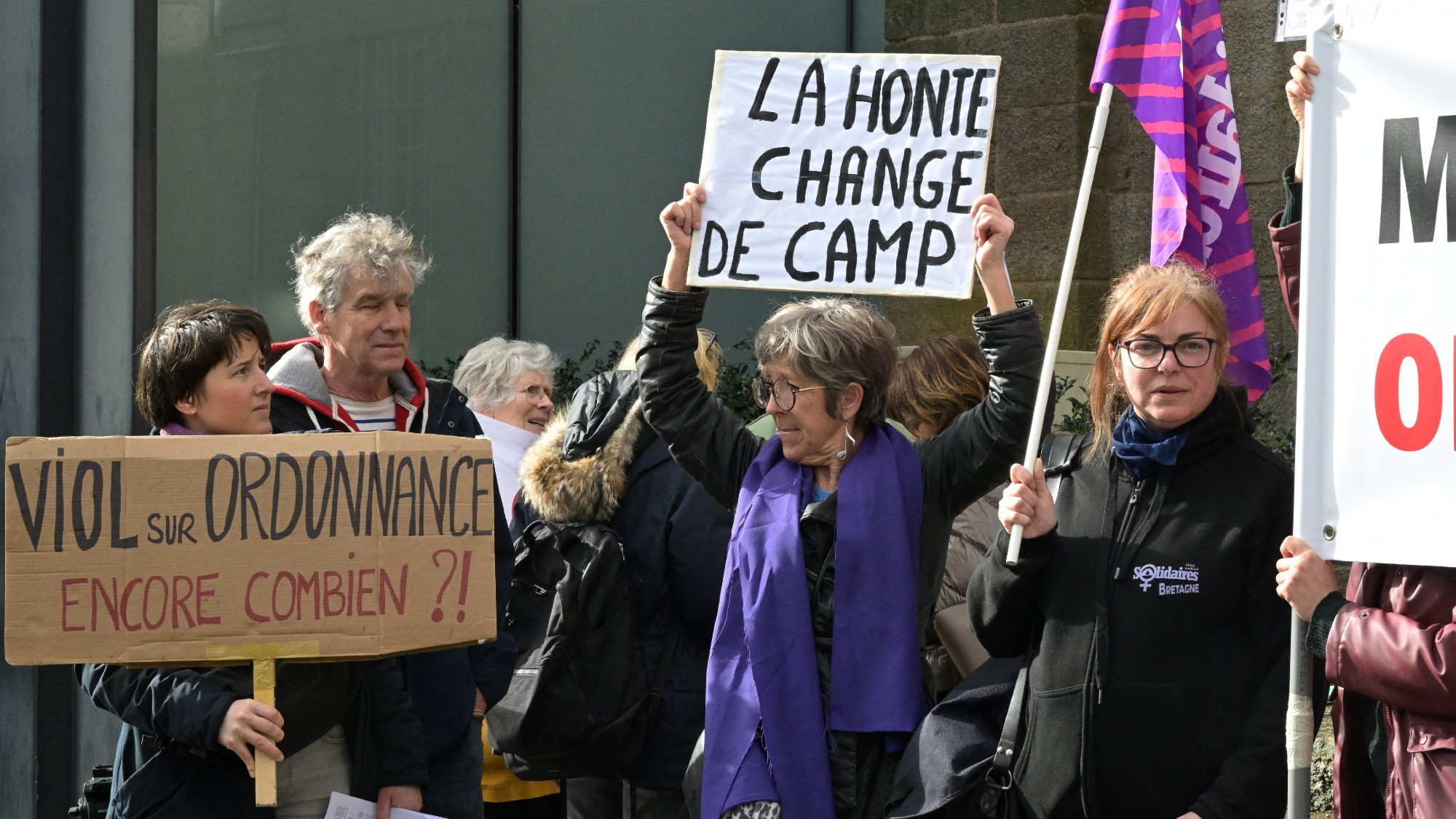 France's 'reckoning' over largest-ever child sex abuse trial
France's 'reckoning' over largest-ever child sex abuse trialThe Explainer Joël Le Scouarnec case is latest in a series of high-profile scandals to have prompted 'deep soul searching'
-
 What are grooming gangs? The UK scandal, explained
What are grooming gangs? The UK scandal, explainedThe Explainer Three-year inquiry will ‘root out this evil once and for all’, says home secretary
-
 Gisèle Pelicot: the case that horrified France
Gisèle Pelicot: the case that horrified FranceThe Explainer Survivor has been praised for demanding a public trial of the dozens of men accused of raping her
-
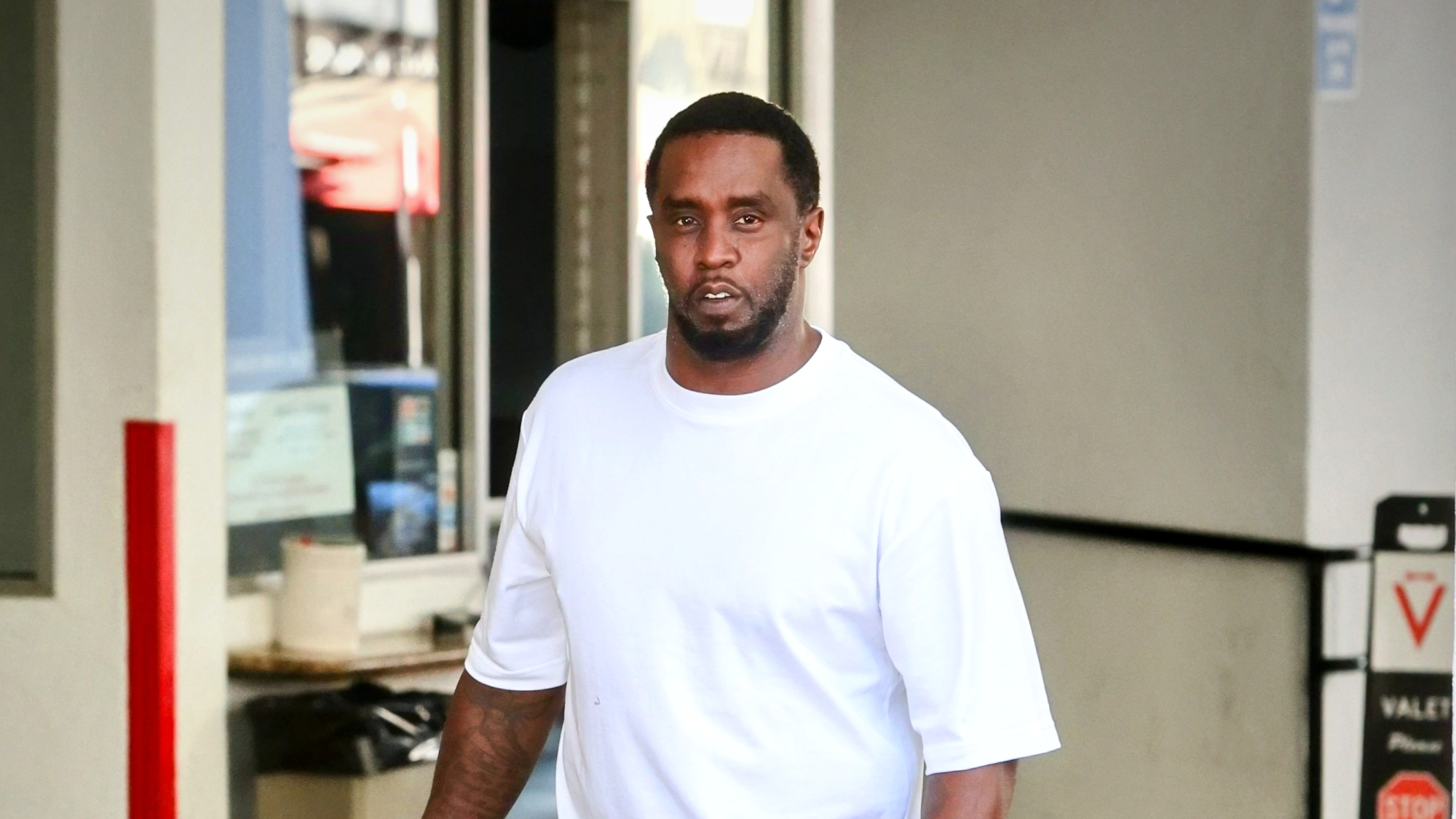 Sean 'Diddy' Combs arrested on federal charges
Sean 'Diddy' Combs arrested on federal chargesSpeed Read The hip-hop star was hit with sex trafficking and racketeering charges
-
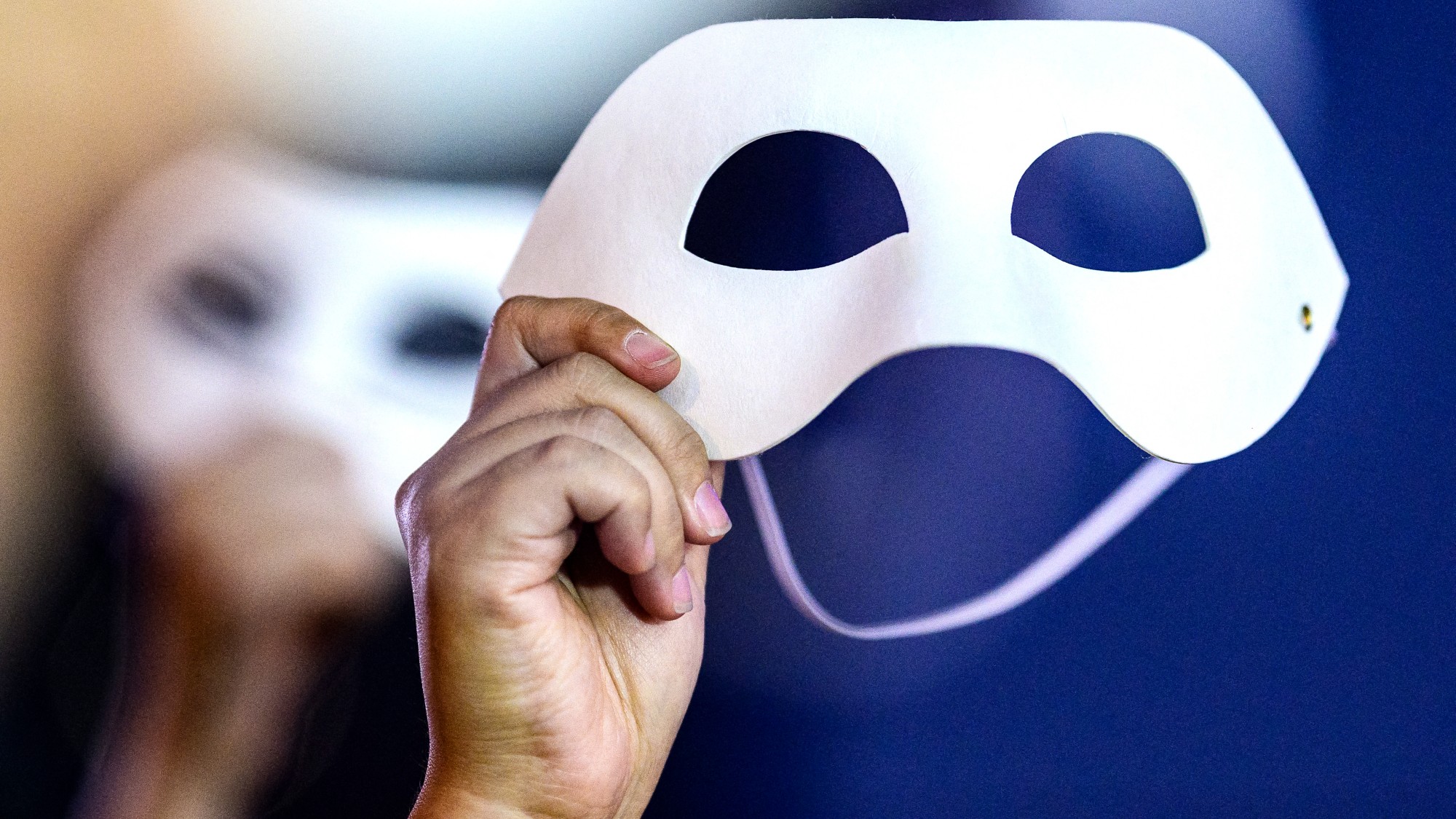 South Korea's deepfake porn crisis
South Korea's deepfake porn crisisThe Explainer President Yoon Suk Yeol has announced a crackdown but is a wider issue being ignored?